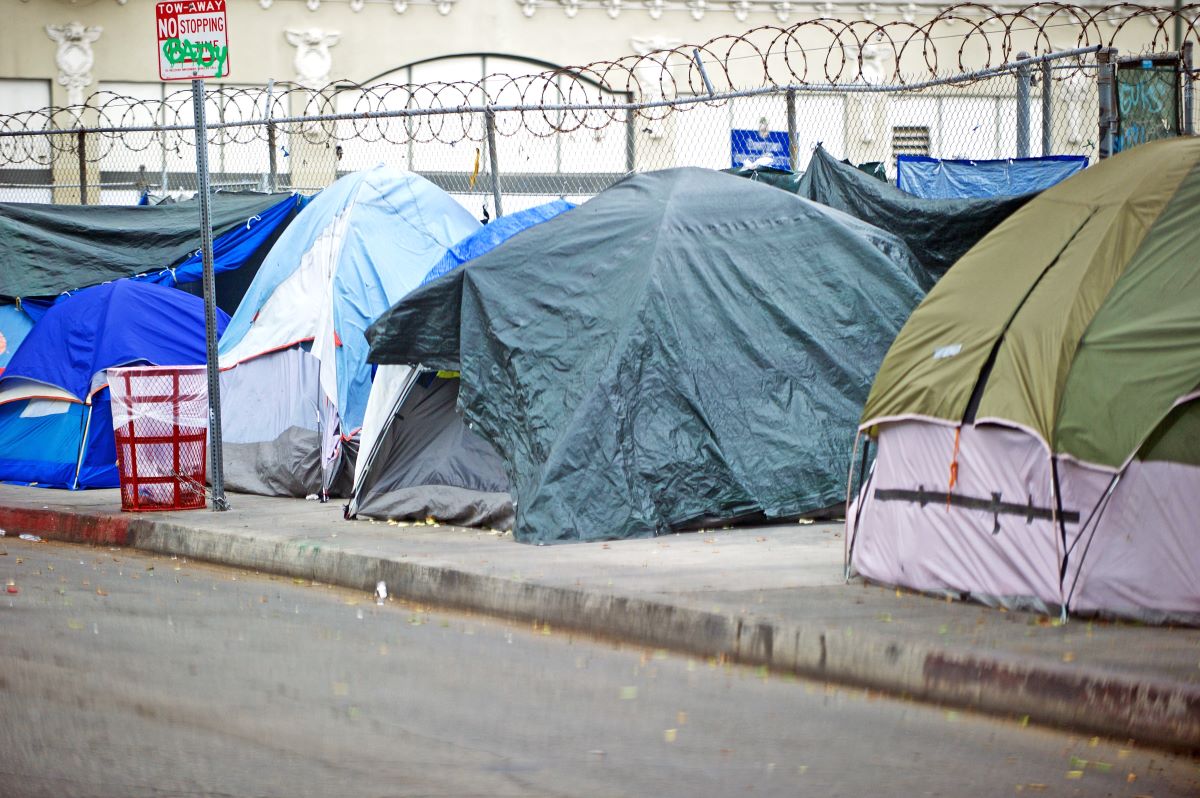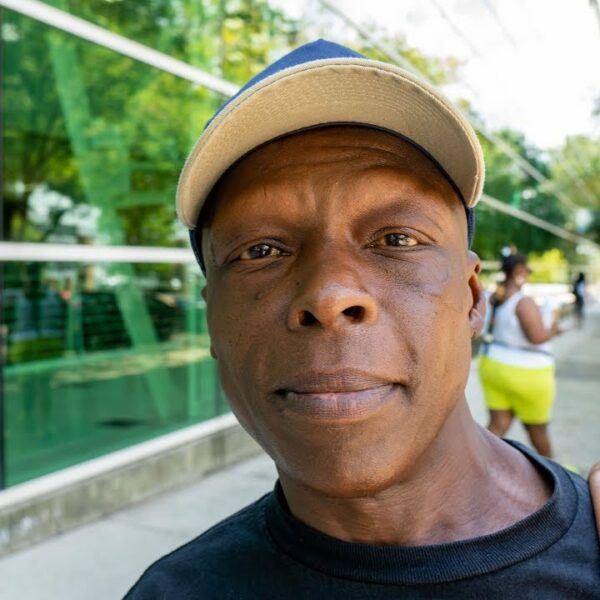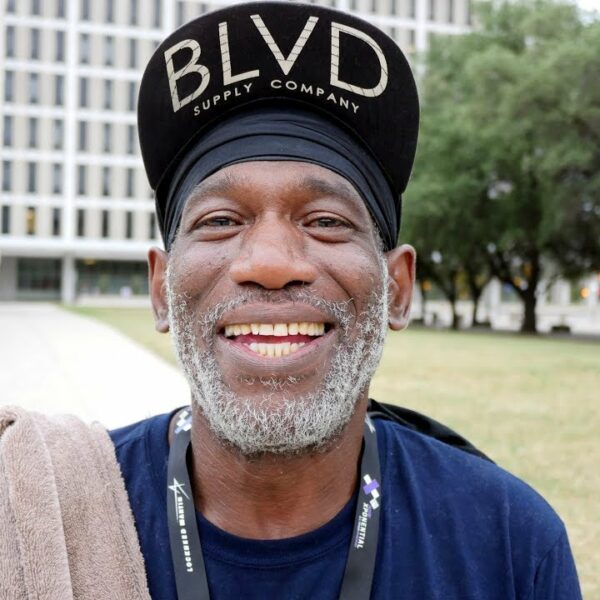And The Paternalism That Upholds the Myth That Homeless People Are Refusing Help
The idea that some or even most homeless people are “service resistant” is a persistent myth among service providers and the general public.
I’ve often seen someone comment vile things about homeless people only to follow it up when challenged with something to the effect of, “I don’t feel bad for them because they’re exactly where they want to be.”
People genuinely think that unhoused people regularly act against their interests, preferring to sleep on the cold and dangerous streets rather than in a perfectly nice, warm, and safe shelter for no good reason. It’s strange to see how readily people will assume the nonsensical before it occurs to them that there may be critical pieces of information they’re missing.
Even shelter workers, who are much more familiar with the failings of shelters and should know better, would rather blame the unhoused people they claim to serve than fix the problems that keep people away.
Why are we so quick to blame homeless people and assume they’re acting against their own interests rather than examining how our systems are failing those they’re supposed to be serving?
Unhoused people are not service resistant. Most people would not choose to sleep outside on the streets if they had a better alternative. The services offered are just not meeting the right needs.
Homeless People Know What’s Best for Them
The truth is there are always reasons for the choices that people make. If you can’t see the logic in a particular choice, that doesn’t mean that the person is acting irrationally- it may just mean that you don’t fully understand the situation.
First of all, space in a shelter may not be available at that time. But even if there is an open shelter bed, there are many reasons why homeless shelters in their current form don’t work for many homeless people. We’ve written about this in-depth before, but some of the most common reasons include:
- the total lack of privacy
- dehumanization
- lack of disability accommodations
- strict rules that exclude:
- people working jobs with odd hours
- people with pets
- couples or families who don’t want to be split up
There is also the fact that the imbalance of power and lack of sufficient oversight inside many shelters leave unhoused people vulnerable to any violence or abuse workers choose to inflict on them.
The choice between sleeping in a shelter fraught with these issues and sleeping outside, vulnerable to the elements and anyone who wants to cause you harm, is not easy. The fact that so many people try shelters first but ultimately choose to take their chances on the streets should make us all look at what’s going wrong inside the shelter system.
Service Resistance Beyond Shelters
Service resistance as a term has been adopted by a wide range of service providers failing to offer a service that’s accessible and worthwhile enough to connect with their intended recipients. From housing assistance programs with miles of required paperwork to food banks far away from any form of public transportation, when the people don’t show up, “service resistance” is an easy way to let organizers off the hook.
If I offered you a moldy sandwich I found at the back of the fridge and you declined, you wouldn’t be sandwich-resistant. It’s just that the sandwich you were offered did not meet your needs.
And if I offered you a pot of gold at the top of a mountain you can’t climb, you’re not pot of gold resistant. You just had access barriers. So why is it different when we’re thinking about unhoused people?
When you’re offering something to homeless people but don’t see a lot taking you up on that offer, it’s not because they’re stupid and don’t know what’s good for them. The problem isn’t with the people; it’s with your offering. It either doesn’t fill an actual need, or there are access barriers in place that prevent people from getting to you.
My Way or the Highway
That brings us to the simmering paternalism underlining this entire line of thinking.
As a result of the decades we’ve spent performing acts of charity in a particular way, it’s come to be expected that the so-called less fortunate among us should accept anything we deign to send their way and be grateful for the privilege. When someone breaks this expectation, as in the case of the mythical service resistance, we get mad.
This is paternalism, plain and simple.
While we might tell ourselves that we’re just trying to help or brighten someone’s day, that illusion is broken if the intended recipient refuses to accept whatever we’ve unilaterally decided they must need.
If they’re brave enough to ask for something other than what we’ve offered – something that would actually fill a need for them – more often than not, we get annoyed or even irate. We start to think of them as ungrateful and manipulative. We become offended that they’ve dared to speak up and voice their actual needs.
But why should we feel this way? If our motivation was truly to help this person, we should be grateful that they’ve told us how we can accomplish that, rather than annoyed that they won’t accept our “help” exactly how we wanted to give it. Right?
A good way to subvert this vicious cycle is to start from a place of humility. Rather than assuming you know or guess what a person needs, why not start by asking them what would help and go from there. You may be able to provide it. Maybe you won’t. Maybe it will take time to set the wheels in motion to provide it to the next person who asks.
But solving problems collaboratively, with the input of the people you’re trying to help, is the most effective way to help.
Help Us Make the Truth Louder
Invisible People is on the frontlines of the growing homelessness crisis, where evidence-based solutions take a backseat to political agendas. We’re the only newsroom dedicated to shedding light on homelessness and its related issues. As we kick off our Fall Pledge Drive, your support is crucial. We need your donation to amplify the truth and counter the narrative of criminalization, all while addressing the skyrocketing rents.
With homelessness reaching a crisis level, independent news is indispensable. Your tax-deductible contribution empowers us to pay our reporters, reach a wider audience, produce impactful videos and documentaries, and advocate for real solutions. Join us by supporting the truth about homelessness. Together, we can make a difference.
We are not a corporate newsroom; we depend entirely on our donors to continue our vital work. Your contribution today can make a real difference. Will you help us?













